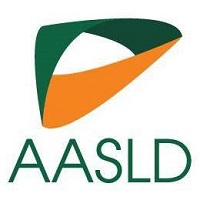 The high success rate of today’s hepatitis C virus (HCV) treatments may keep many people from ultimately needing a liver transplant, freeing up available livers for others who require them. Researchers analyzed data from five clinical trials of the most recent generation of direct-acting antivirals for hep C, looking specifically at HCV-positive individuals with decompensated cirrhosis, the more advanced form of the liver disease.
The high success rate of today’s hepatitis C virus (HCV) treatments may keep many people from ultimately needing a liver transplant, freeing up available livers for others who require them. Researchers analyzed data from five clinical trials of the most recent generation of direct-acting antivirals for hep C, looking specifically at HCV-positive individuals with decompensated cirrhosis, the more advanced form of the liver disease.
Results were presented at the Annual Meeting of the American Association for the Study of Liver Diseases (AASLD) in San Francisco.
Thirty percent of adults waiting for a liver transplant are people with hep C and decompensated cirrhosis. Successful treatment of the virus among this population alters their Model End-Stage Liver Disease (MELD) scores. These scores determine individual priority for a transplant, as those with scores of 15 or lower are less likely to benefit from a transplant.
Eighty-five percent of the participants in the cohort analyzed were cured of hep C. The researchers speculated that half of these individuals, who have similar characteristics to those on the active liver transplant list, would have improved their MELD score such that they no longer needed a transplant.
To read a press release about the study, click here.

Istock






Comments
Comments